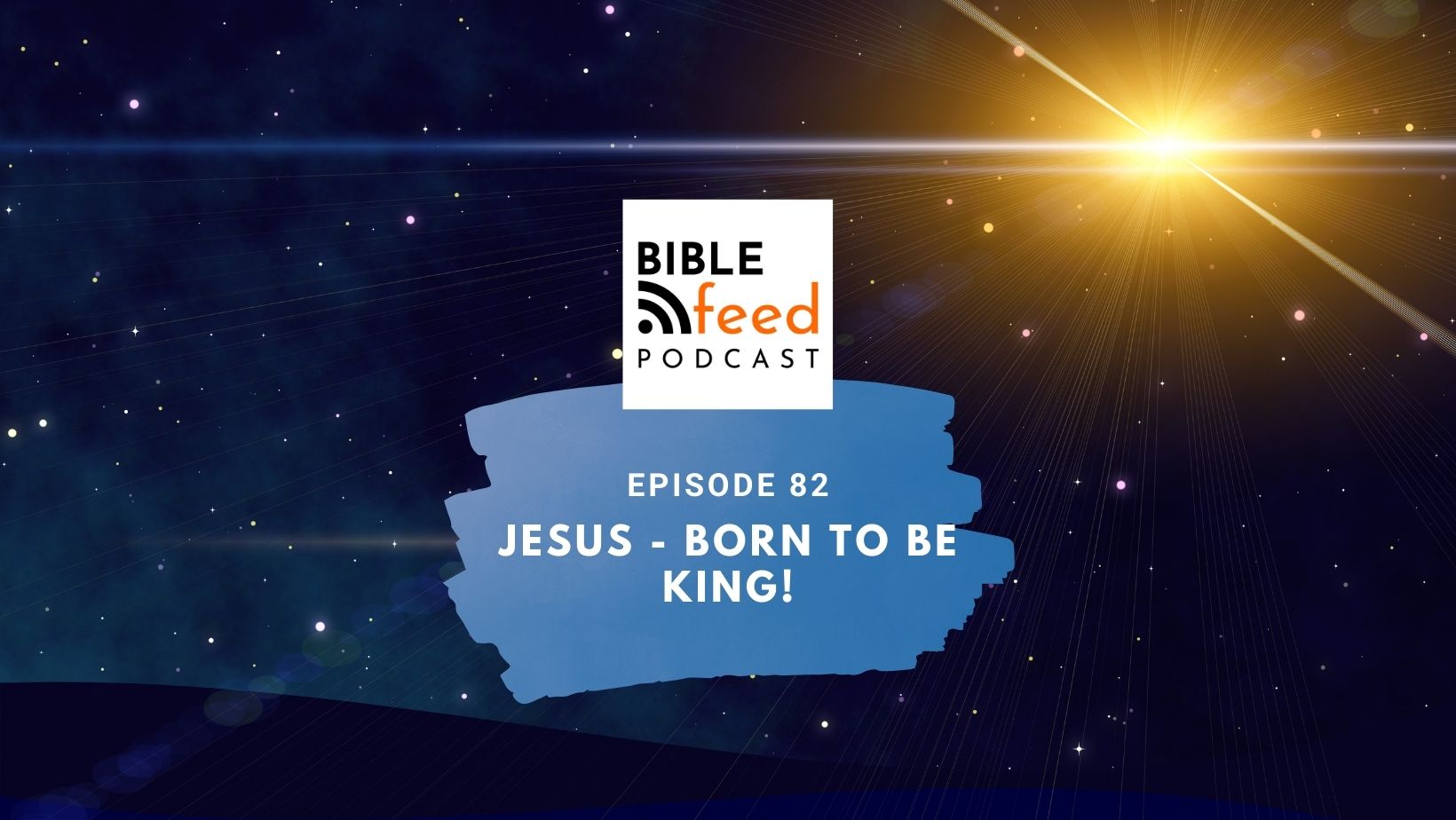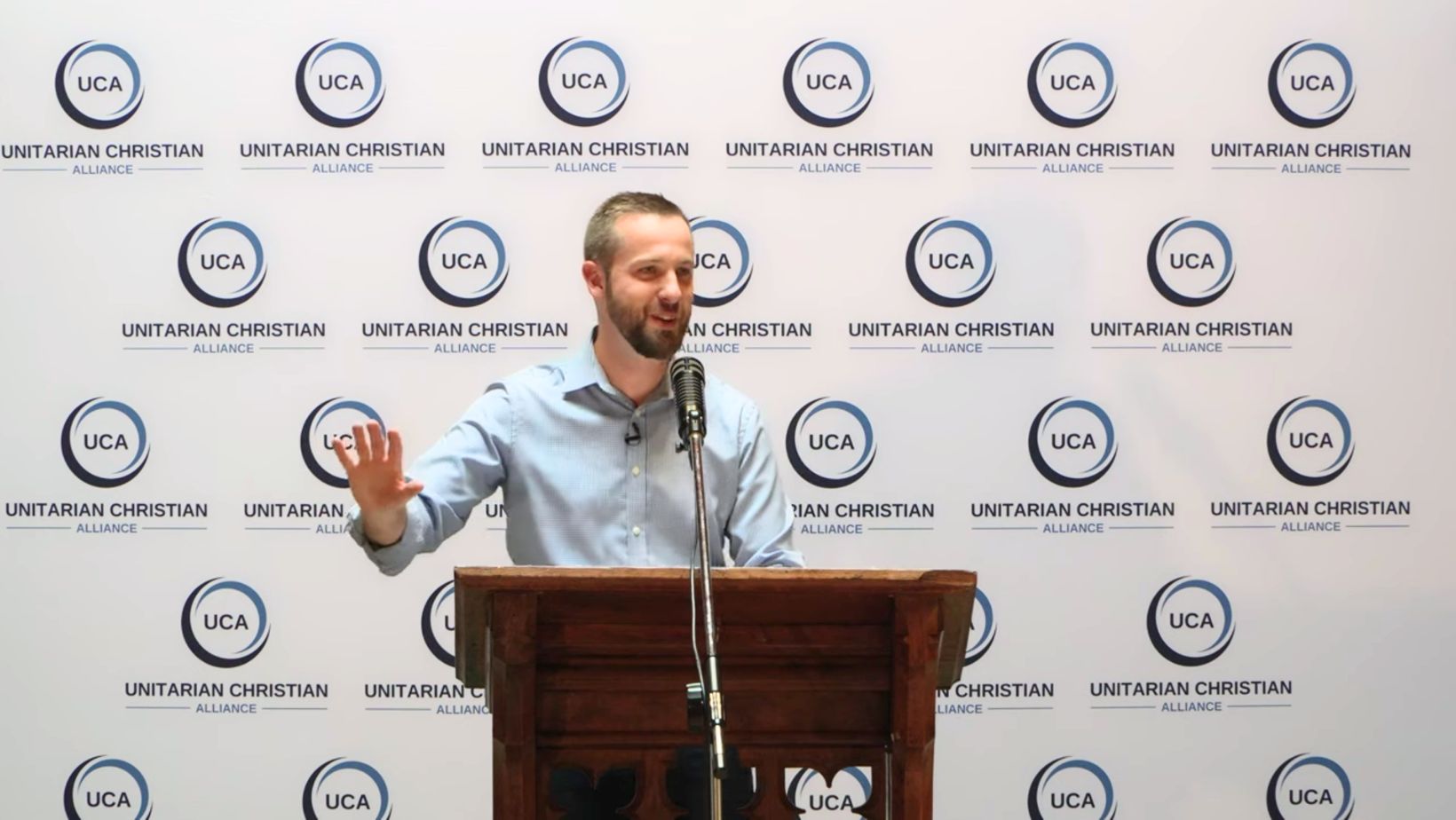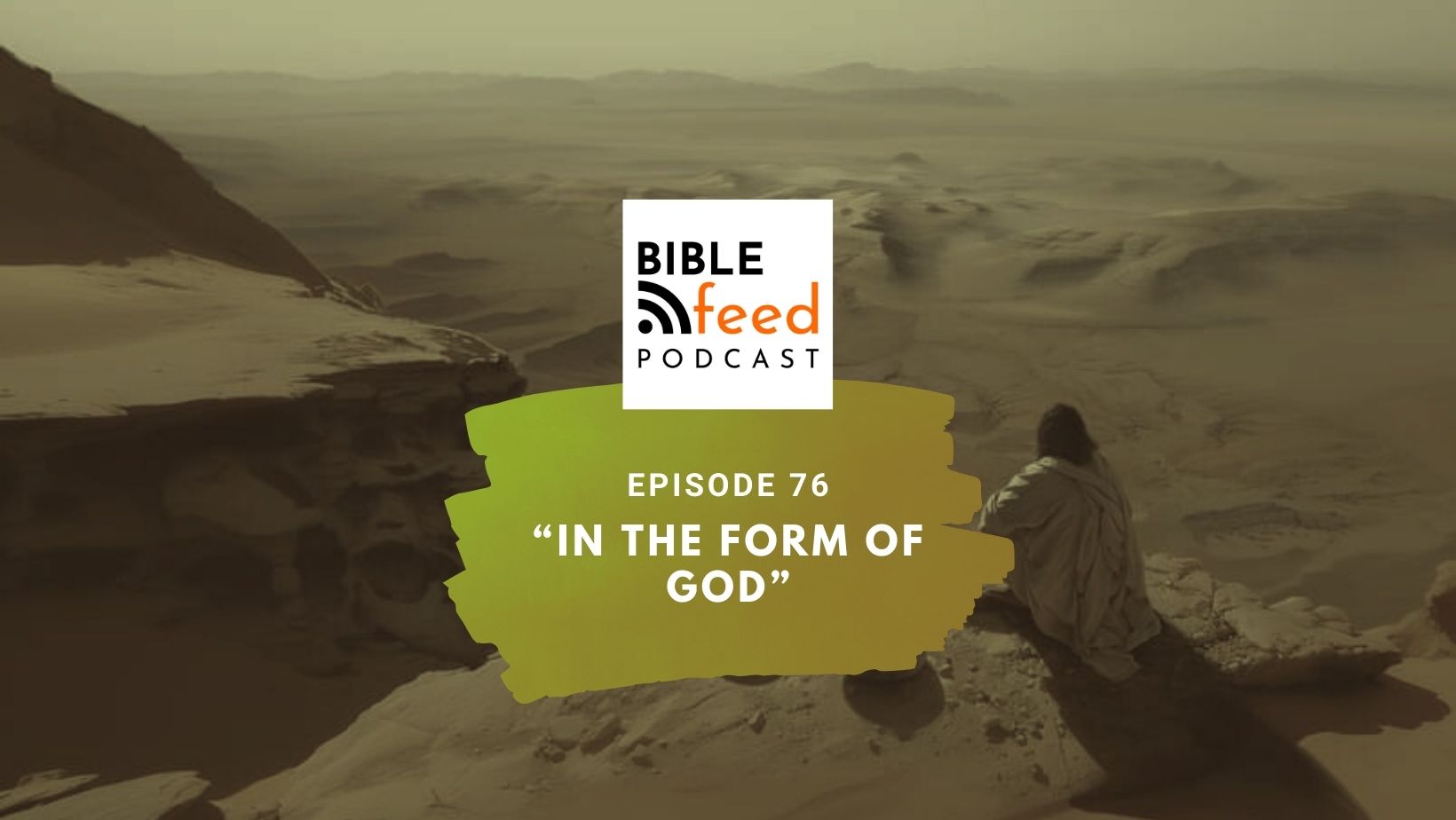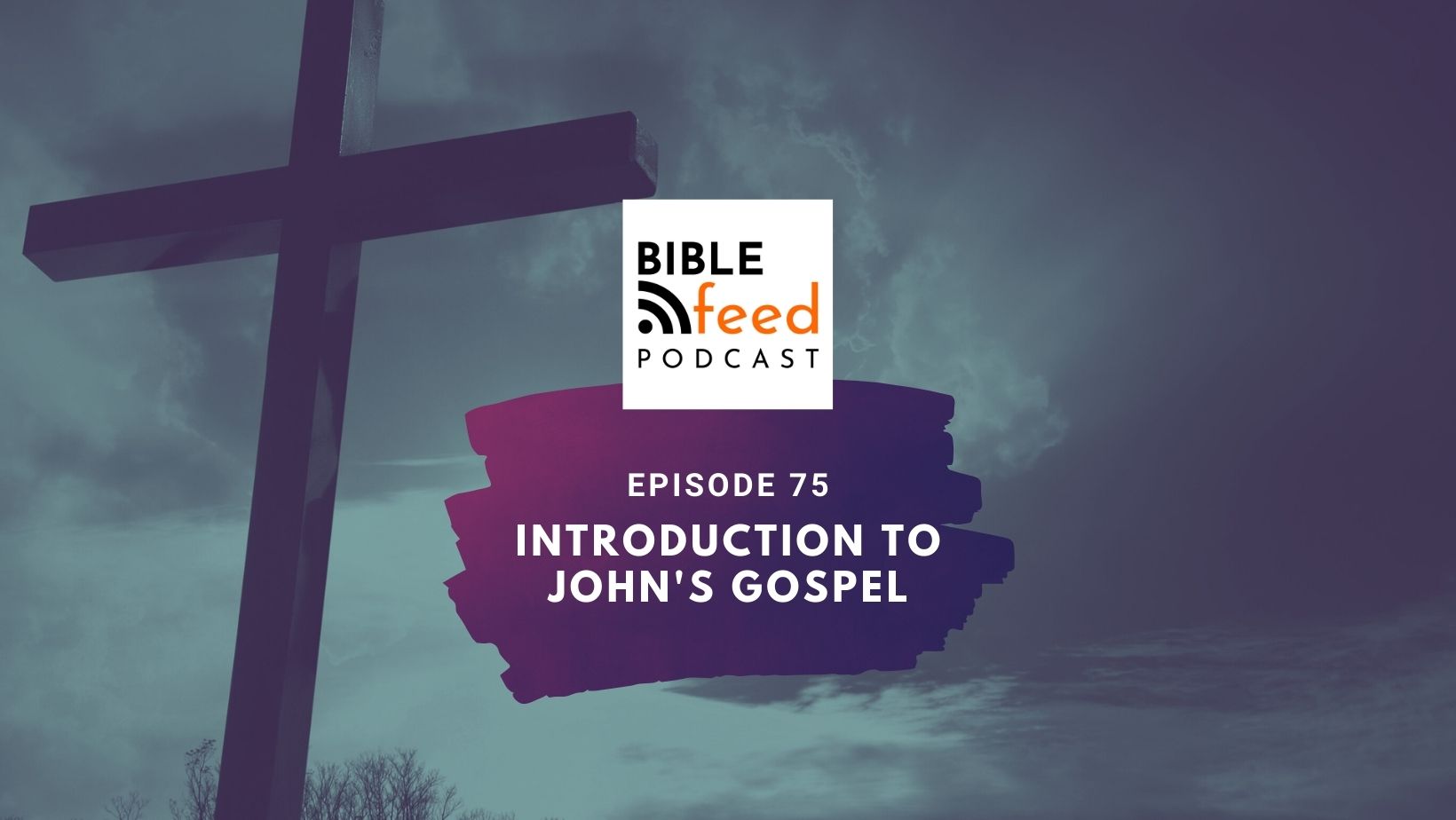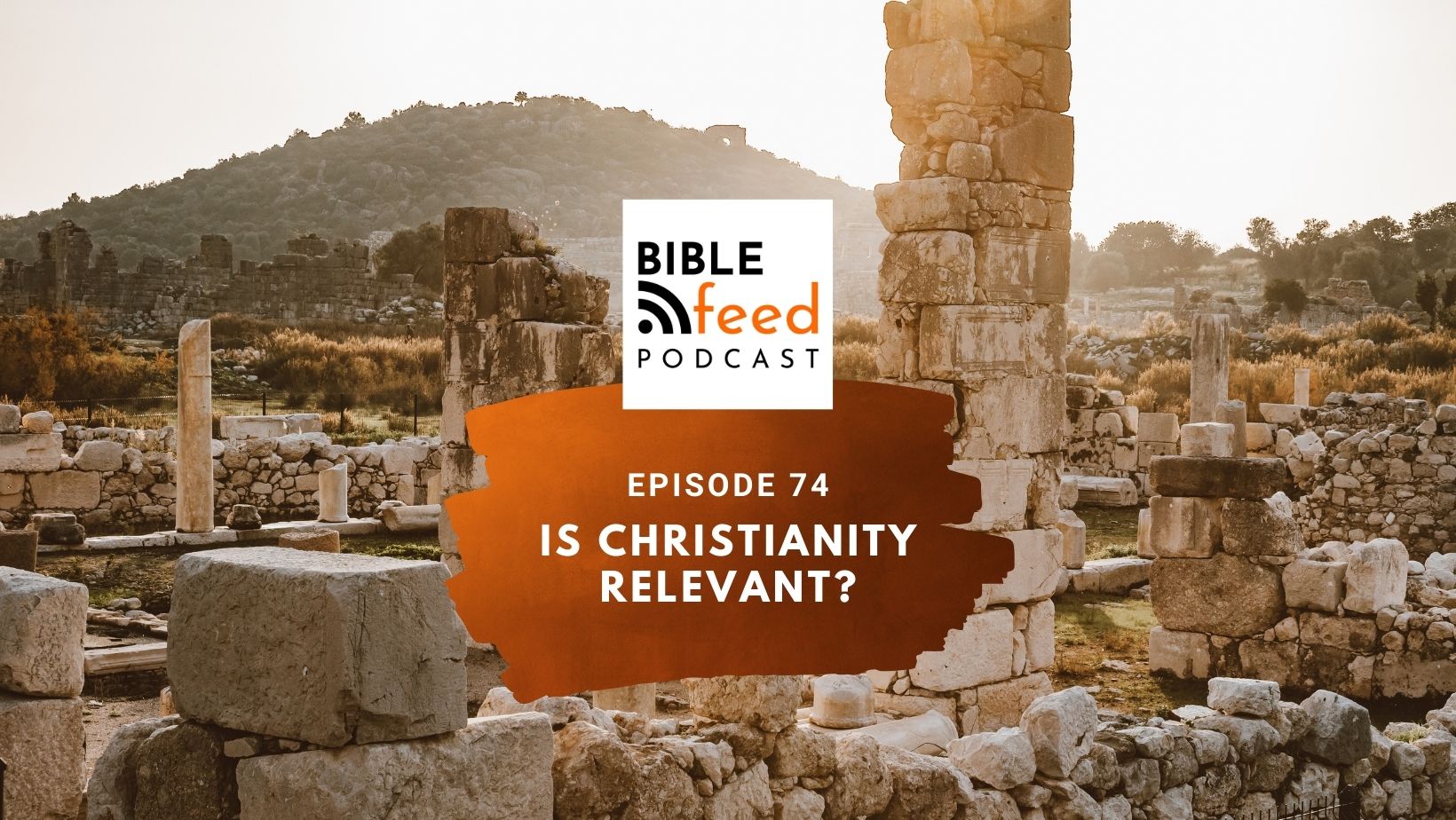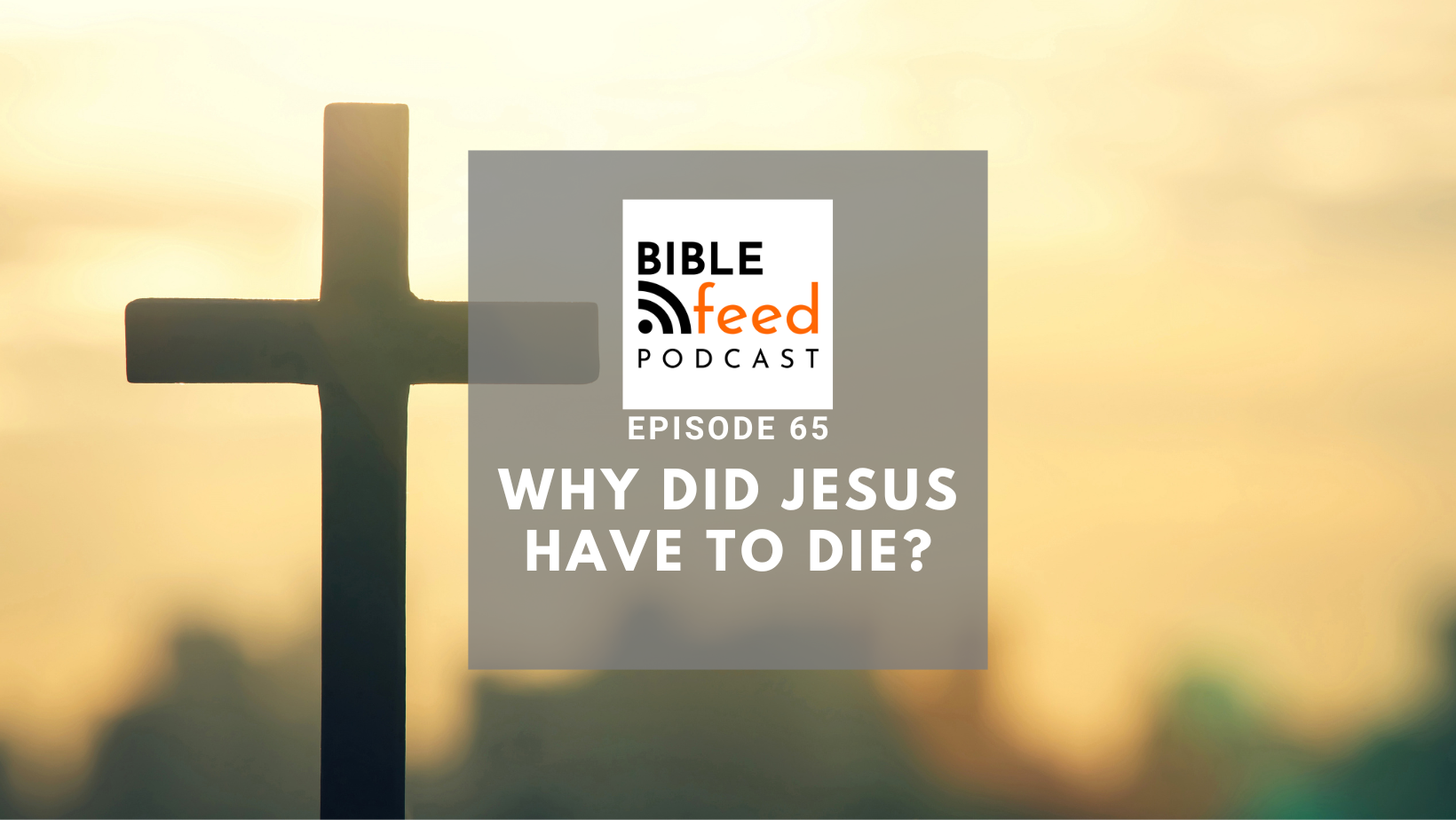We delve into the fascinating historical context surrounding the birth of Jesus, who was born to be king, through the tumultuous world of King Herod and the Roman Caesars. Discover how Jesus' birth and teachings presented a radical departure from the totalitarian and often brutal reigns of worldly kings. This Christmas-themed podcast reveals the profound differences between the kings of men and the king who was laid in a manger. Tune in to explore the themes of humility, justice, and divine kingship that continue to inspire and challenge us today.
Is it accurate to say that "God hung on the cross" or "God died for me"? That was the topic of co-host Dan's paper at the UCA Conference in July 2024. Watch the presentation and read more detailed responses to some of the questions to see why we think that it wasn't God on the cross.
Philippians 2:5-11 is often assumed to be about the incarnation of the Son, but does that stand up to scrutiny when you look at it in detail? We consider five reasons to doubt that interpretation.
In this episode, instead of a high level overview, we delve deep into one complex and much debated passage in Philippians 2 which says that Jesus was "in the form of God". We navigate through various translations, interpretations, and biblical contexts to uncover the essence of this pivotal scripture.
In this episode Dan and Paul embark on an exploration of John's Gospel, unraveling its sense of majesty and mystery right from the opening verses. They discuss the unique structure and content of John's Gospel, comparing it to the Synoptic Gospels—Matthew, Mark, and Luke—highlighting its distinct opening, key themes, and the explicit purpose stated in John's narrative. They delve into the significance of belief, the role of witnessing, and the powerful symbolism of water and blood, offering a compelling argument for understanding John’s Gospel as a carefully selected collection of events aimed at strengthening the reader's faith in Jesus as the Messiah.
Dan welcomes guest, John Launchbury, to discuss the vital question: why did Jesus have to die? They explore the meaning of the word atonement and consider the pros and cons of some of the main atonement theories. As they explore the key scriptural passages involved they find that the impact of the death of Jesus can be just as profound today as it was in the 1st century - and it's all about changing us rather than changing God!
What do the 7 seals and trumpets of the book of Revelation mean? We unpick the pattern and try to imagine what messages the early Christians would have taken from it. The way the sequences of images are communicated continue to confound the expectations of the hearer. But as they unfold, two powerful lessons for Christians of any age emerge.
All sorts of terrifying images come to mind with the word hell! We build up a coherent picture that makes sense in the light of a moral God who has shown himself in the face of Jesus as full of grace and truth.
There's so much that could be said about the record of Jesus' crucifixion and resurrection so we focus this discussion on just one phrase that Jesus said on the cross. It's a heart wrenching moment, but what we think he meant is guided by who we think Jesus is. We explore the narrative, the Psalm in the background and end up with the reflections of the Apostle Paul and the conclusion of Matthew's gospel with the glory of the resurrection.

